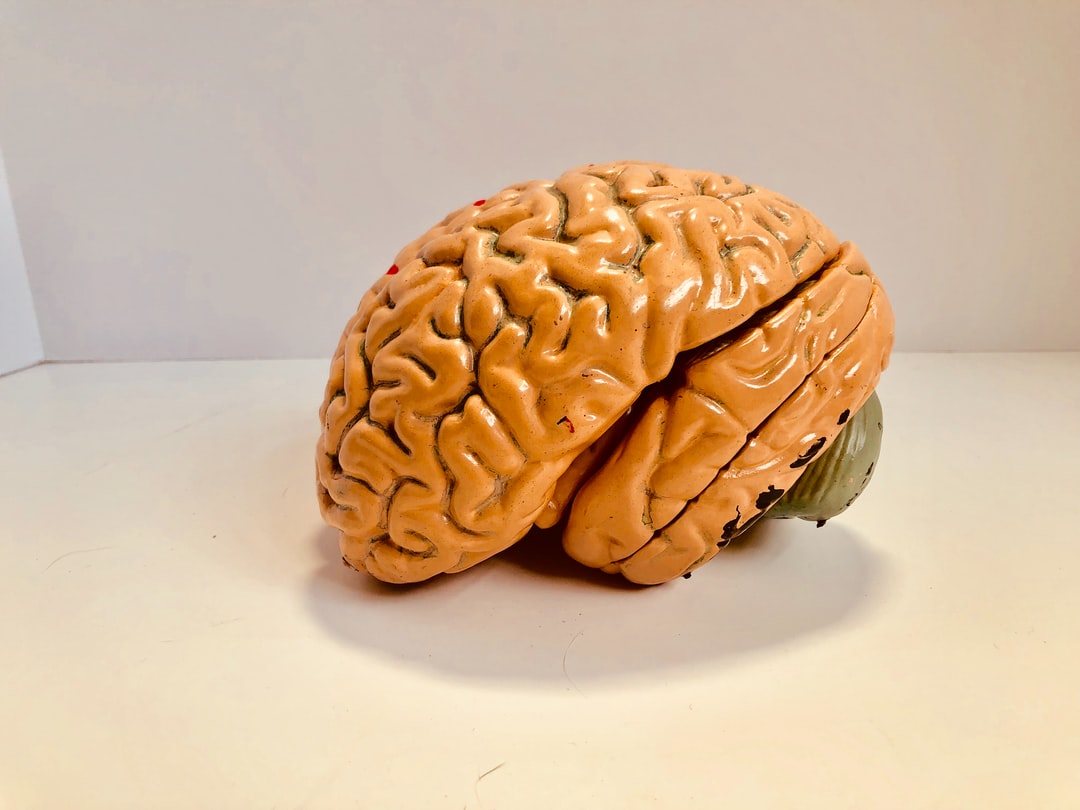We’ve all had trauma in our lives, whether at a young age or an old age. But unlike most of us, those known as veterans experience trauma daily and, in many cases, combat-related trauma.
Post-traumatic stress disorder can alter the brain as much, if not more, than traumatic events. PTSD can also alter moods, behaviors, and even basic functions, like eating and sleeping.
Because of the way that PTSD affects the brain, there is a lot of residual damage. As you’d expect, this makes managing the disorder difficult and sometimes even impossible, depending on the case.
If you’re curious to learn about how does PTSD affect the brain, keep reading. We’ll go into much, much more detail.
Amygdala
PTSD affects the brain in many ways. First, it can lead to changes in how the brain processes information. This can make it hard to remember things or pay attention. It can also cause changes in the brain’s structure. This can lead to problems with memory, learning, and decision-making.
PTSD can cause the amygdala, the brains emotional center, to become more active and responsive to triggers. This can lead to feeling more anxious, stressed, and on edge.
Hippocampus
PTSD can cause the hippocampus to shrink. The hippocampus is responsible for forming new memories and long-term memory recall. A shrinking hippocampus can lead to difficulties in forming new memories and recalling old memories.
Prefrontal Cortex
The prefrontal cortex is the area of the brain that is responsible for many higher-level functions, such as planning, decision-making, and controlling emotions. When someone has PTSD, the prefrontal cortex is often hyperactive, which can lead to problems with these functions.
Limbic System
PTSD affects the brain’s limbic system, which controls our emotions. When we experience a traumatic event, our brain releases chemicals that help us to cope. However, sometimes these chemicals can become imbalanced, leading to symptoms of PTSD.
This can lead to problems with memory, mood, and anxiety. Treatment for PTSD typically involves psychotherapy and medication, which can help to improve PTSD symptoms and restore functioning. If you are experiencing PTSD symptoms, it is important to seek help from a mental health professional.
Autonomic Nervous System
PTSD has been shown to affect the Autonomic Nervous System, which controls the fight-or-flight response. When someone experiences a traumatic event, the ANS is activated and the person goes into survival mode.
This can lead to a number of PTSD symptoms, including hypervigilance, an increased heart rate, and difficulty sleeping. The ANS remains in this state of heightened alertness, which can lead to exhaustion and further difficulties.
If you have PTSD and need assistance for disability, there are many sources of help available. Click here for more details. Also, talk to your doctor or therapist about what kind of help you need.
Explore How Does PTSD Affect the Brain Today
PTSD can have a lasting and profound effect on the brain. How does PTSD affect the brain can lead to changes in the way the brain functions and processes information. These changes can cause problems with memory, concentration, and mood.
If you or someone you know is struggling with PTSD, please seek professional help.
If you find this article helpful, check out more of our blogs.







